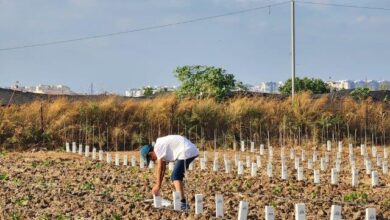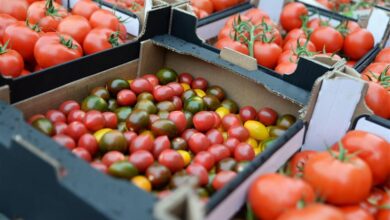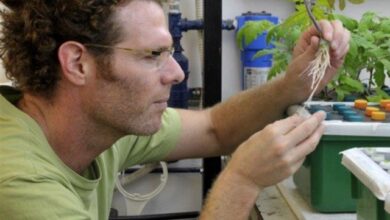Hishtil’s Path to Carbon Footprint Reduction
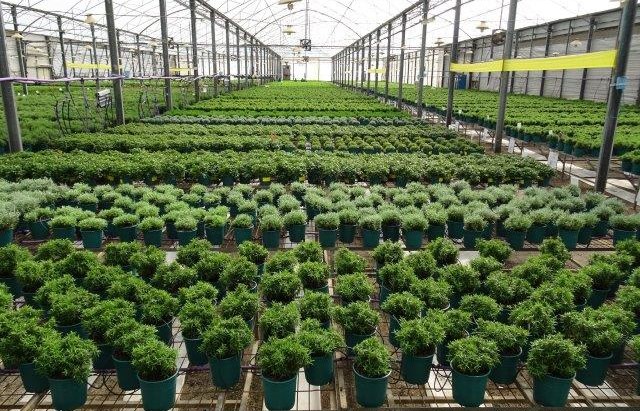
Hishtil's mother stock nursery in 'Gderot'
One of Hishtil’s core visions is to become a leading, innovative nursery company providing horticultural solutions that improve both food and environmental quality around the globe.
Today, one of the most important issues multinationals face is pressure to reduce their carbon footprint. The company has embraced this goal, as it believes sustainability is the only way forward.
A few years ago, Hishtil’s management decided to meet this challenge head-on, by reexamining every single process, material, and facility across the company’s operations.
We’d like to share here a few of the measures undertaken.
We’d like to share here a few of the measures that Hishtil has undertaken.
Digital trasformation
Customers and suppliers visiting Hishtil’s stand at the IPM Essen 2024 tradeshow were surprised not to find Hishtil’s latest annual printed Catalog, which had become an essential element since the company first participated in the IPM exhibition.
Transition to a digital catalog is only one step in an overall shift towards reducing waste and energy consumption. In addition, switching from printed media to online advertising, increased activity on social networks and email marketing campaigns, brought use of paper down to the bare minimum.
In the words of Haim Rosenblum, the company’s Marketing Manager, “We use print only when absolutely necessary and then only on recycled paper. Every action counts.” Even the packaging materials used in trade shows for transportation, delivery, and display of products, are all biodegradable, recycled, recyclable, or reusable.
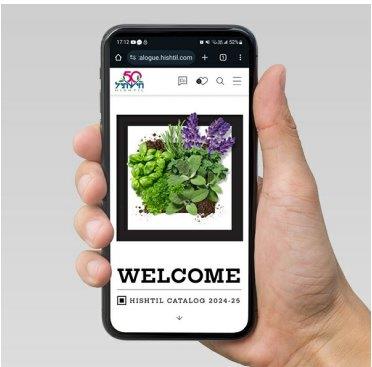
Hishtil’s new eco-friendly digital catalog
Helping Customers Confront Climate Change While Going Greener at Home
Global warming, the cause of many negative phenomena such as desertification, extreme climate change and natural disasters, has led Hishtil to focus on introducing novel products that are more resilient to changing conditions.
As a global leader in the professional vegetative propagation of herbs, Hishtil is at the forefront of agricultural innovation, continuously developing cutting edge horticultural solutions to meet customers’ changing needs, with a firm commitment to a greener future.
Some examples are the Durabello series and grafted plants, apt for cultivation under arid conditions.
Improved Use of Energy
A. Finding Alternative Sources with Lower Emissions
Hishtil makes its policy of reducing emissions and energy consumption a priority. This is only achieved by searching for alternative sources of energy, materials, and production technologies, or in other words, re-examining every single component of the value chain, including product packaging, marketing/merchandising aids and services.
Histhil’s production facility in Ashkelon switched to natural gas heating, achieving enormous savings in fuel oil. Another measure taken in the last two years at this site was installing solar energy panels on the roofs of the warehouses and other structures, which generates almost enough electricity to power all of the nursery’s dispersed facilities.
The Afula nursery switched to heating its greenhouses with hot water from a neighboring factory, which is then re-circulated. This process results in double savings—Hishtil does not need to consume new energy for heating, and the plant next door saves on the energy required to cool the water. The best part is that these enormous savings in fuel came at nearly zero cost!
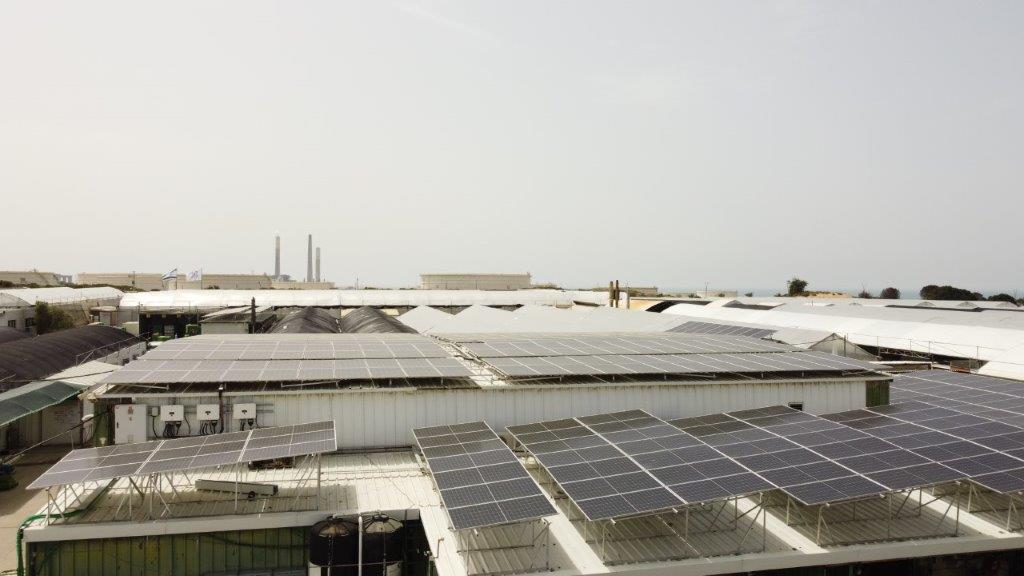
Solar Energy Panels at Ashkelon nursey
Furthermore, Hishtil implemented two additional sustainable energy-saving innovations in the production process. The first—switching from diesel to electricity in the tray washing and disinfection machines, a less polluting alternative. The second—installing a smart precision climate control system to maintain ideal conditions according to changing environmental factors, using far less energy.
Additional environmentally-friendly practices adopted by Hishtil include: The use of energy-efficient air blowers, electric forklifts instead of diesel-powered equipment, as well as Hybrid and electric vehicles in the company fleet.
B. Reducing Emissions with Eco-friendly Packaging in its Home Market Activity
Among the changes implemented, one of the most significant was the transition to recycled materials for plastic planting pots and trays.
Using recycled and recyclable growing trays, as opposed to non-recyclable styrofoam, saves hundreds of tons of crude oil every year.
Hishtil also transitioned from packaging in cartons to using carriers and cages that are transported to and from customer sites for repeated use.
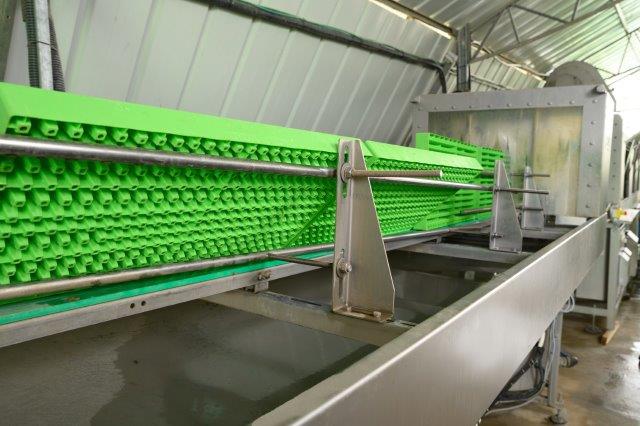
Limex rinsing and disinfecting machine, designed for repeated cleaning of plastic trays
Haim explains: “Hishtil is committed to an Environmental Social Governance (ESG) policy, reflected in a comprehensive approach to sustainability that stresses recycled packaging materials and eco-friendly production means.”
All waste produced on-site is collected, separated into different categories, and centrally transferred for recycling.
After several years of commitment to carbon footprint reduction in all its areas of operation, marketing, production, packaging, transportation, among others, the company’s achievements are impressive by all measures.
Hishtil is not only addressing the immediate challenges of sustainable horticulture but hopes to pave the way and inspire other industry partners to follow this path for a greener future in agricultural production.
Don’t miss our next article on Hishtil’s ongoing commitment to reduced pesticide use, restoring green spaces, efficient usage of water, and much more.




